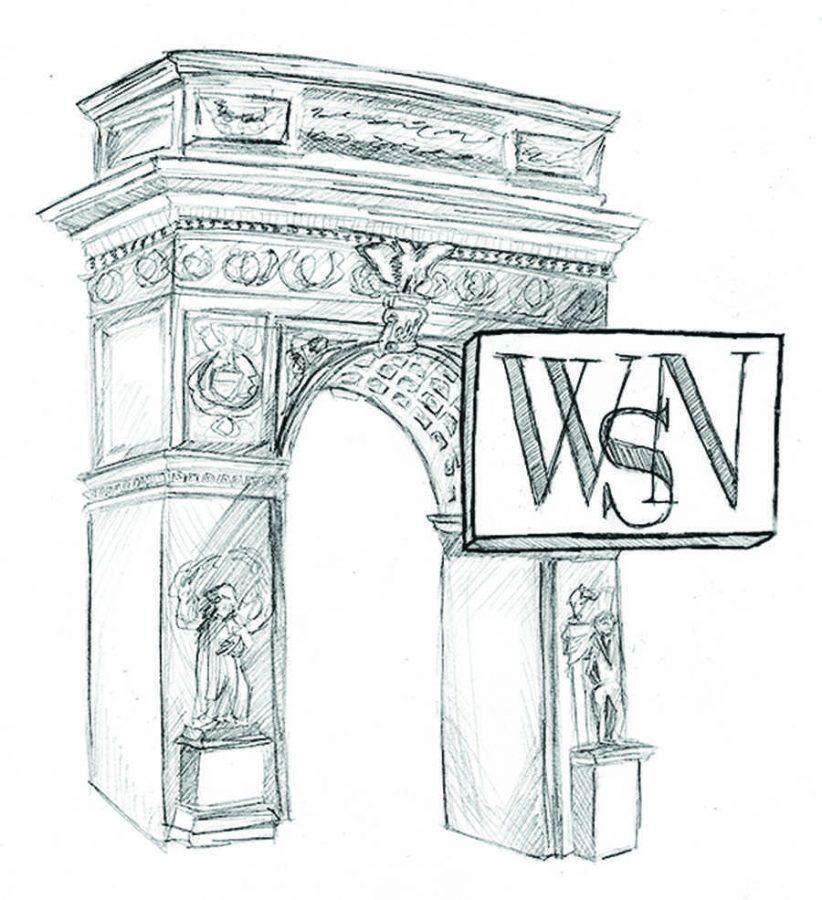Restrictive Voting Laws Extend Past the South
October 13, 2016
The upcoming general election will be the first since the Supreme Court struck down a key part of the Voting Rights Act in 2013, a move which prompted many Republican-led states to implement stricter voting requirements. Liberals across the nation have decried the ruling and the consequent initiatives taken including, in many cases, restrictions on early voting. But one of the most consistently Democratic states in the country maintains an oppressive voting system: New York.
Early voting allows electors to cast their ballot before the official Election Day. These options were first put in place to help those who could not make it to the polls on the day of the election due to work or medical reasons, and they have proved quite popular. In fact, in the 2012 general election, over 30 percent of votes were cast before Election Day, a number that would certainly be higher if New York implemented a similar system. There are 34 states, as well as the District of Columbia, that have early in-person voting options in place, making New York the most populous state that does not offer any early voting options to its citizens, who are known for their busy lives and long daily commutes.
The lack of early voting options is not the only issue the New York Board of Elections must address, however. Unlike 28 of its fellow states, New York requires a qualifying excuse from those requesting an absentee ballot. Furthermore, New Yorkers must register to vote either in-person or through the mail — there are no online options available. With such a convoluted and lengthy process, it is no wonder that voter turnout in the Empire State is among the lowest in the nation at 46 percent. The Board of Elections, by reforming these unnecessarily strict guidelines, can raise this dismal rate and improve its image in the minds of prospective voters. NYU has a large population of out-of-state students, who have the option to vote in their home state or the state of their college residence. A simpler registration and voting process would undoubtedly encourage these students to make their voices heard.
While New York is not exactly a battleground state in the presidential race, down-ballot elections are always closer. These state and local races are possibly even more consequential to the average voter, and offering options that increase turnout would result in better representation at all levels of government. Furthermore, until New York reforms its own voting process, officials have no legitimate argument to make against conservative state legislatures taking advantage of the Supreme Court ruling. Only after every progressive state has adopted adequate voter accommodations can the ones with restrictive laws be shamed into following suit.
Email the Editorial Board at [email protected].












































































































































